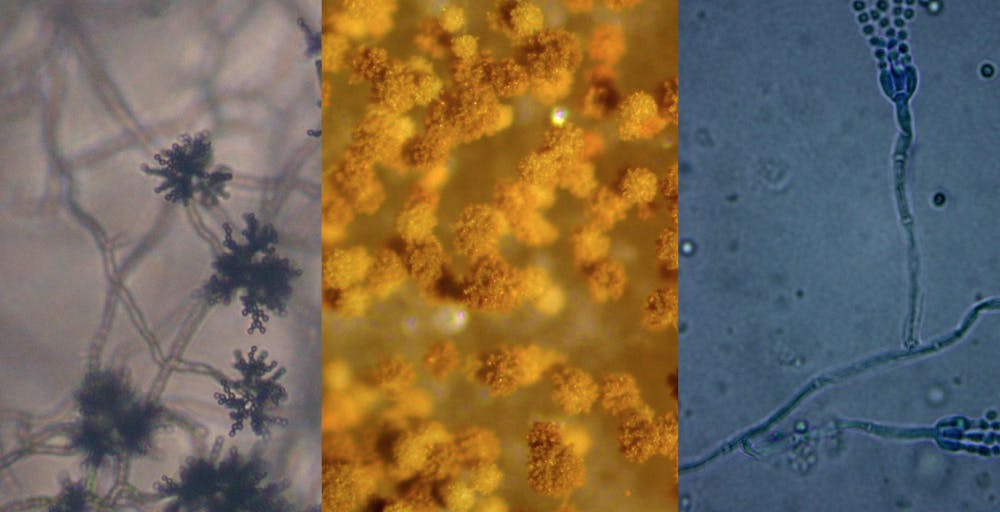Have a lingering cold? A lot of students seem to—and many think mold is the cause.
In an email to Central Campus residents Tuesday, Dean for Residential Life Joe Gonzalez announced that the University has contracted with an environmental and engineering firm to evaluate every apartment on Central for mold. The inspections will include visual assessments, humidity measurements and an air quality test.
“As Dean Gonzalez stated, we have done over 50 tests over the last number of years and have never discovered a single case of the bad mold that is mentioned in the media,” said Rick Johnson, associate vice president of student affairs for Housing, Dining and Residence Life.
He said HDRL’s decision to evaluate all Central apartments was made out of “an abundance of caution.”
Students in three apartments have been relocated, according to the email, although Gonzalez noted these relocations were made to accomplish “needed work” rather than due to poor health conditions. The contractor, Duncklee & Dunham, will attempt to complete all inspections by Winter Break.
Rich Lisowsky, owner of Mold Solutions, a Chapel Hill-based mold abatement firm, said that dealing with indoor air quality can be challenging.
“Every one of these cases is different,” he said, noting that people need to fully know what is in the air before deciding whether to take action to treat it. Lisowsky said mold is akin to an allergen.
The email to Central Campus residents noted that inspections will begin Wednesday and will last approximately 45 minutes for each apartment. It listed three genera of fungal spores that have been found through HDRL testing: Aspergillus, Penicillium and Cladosporium—all of which can cause allergic reactions or lung infections.
Gonzalez wrote that in the three specific apartments on Central with issues, the levels of those three species “were generally much lower than outdoor levels” but that their presence in different proportions meant there may be a mold source in the apartment that would need to be handled.
Johnson also noted that HDRL addresses potential problems with dust.
“Sometimes dust aggravates allergies, so HDRL cleaned all A/C units and ducts three years ago,” he said. “HDRL continues to monitor A/C systems and cleans systems as necessary.”
Last year, a student living on Central Campus found black mold in her apartment and hired an outside contractor to evaluate her apartment.
After peeling back the walls of her apartment and finding “black, gross stuff,” the firm found two types of black mold—Chaetomium and Stachybotrys—in the air and very elevated levels of other common mold species, such as Aspergillus and Penicillin. The student was relocated to West Campus while her roommates remained.
HDRL’s own test did not find mold at concerning levels, Gonzalez said at the time.
Correction: This article was updated to reflect that Lisowski's company is based out of Chapel Hill, not Durham, and to correct his statement on mold as an allergen.
Get The Chronicle straight to your inbox
Signup for our weekly newsletter. Cancel at any time.
Adam Beyer is a senior public policy major and is The Chronicle's Digital Strategy Team director.

